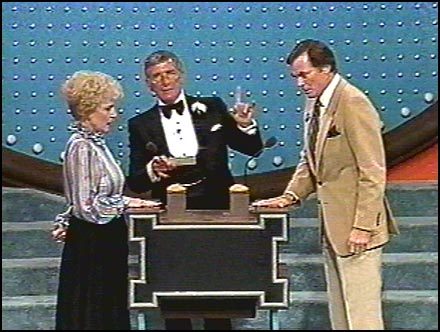I just received two excellent questions from one of my clients who I helped with their financing when they bought their first home and their move up home which they currently live in.
"We keep getting info in the mail from some odd place that says that we have a mortgage through Mortgage Masters and that they can reduce our house payment to $900.00 per month. We shred them every time we get them but now I am curious if it is true? It does not have the Mortgage Masters logo on it, it just says that they know we have a mortgage balance of $266,000.
Also, we keep getting info regarding a home equity loan. We want to know what a home equity loan is and if that is something for us? I know this will probably be too much to respond to in an email but maybe you have something to send us about what all of this is and what (if anything) you think we could do to lower our house payment? Probably not since we have such a low rate but we thought we would ask!"
Both of these questions are excellent and deserving of their own post. Please keep your questions coming. The home equity post will follow soon…I recently posted an article at Rain City Guide regarding offers from too good to be true mortgage offers.

















Recent Comments